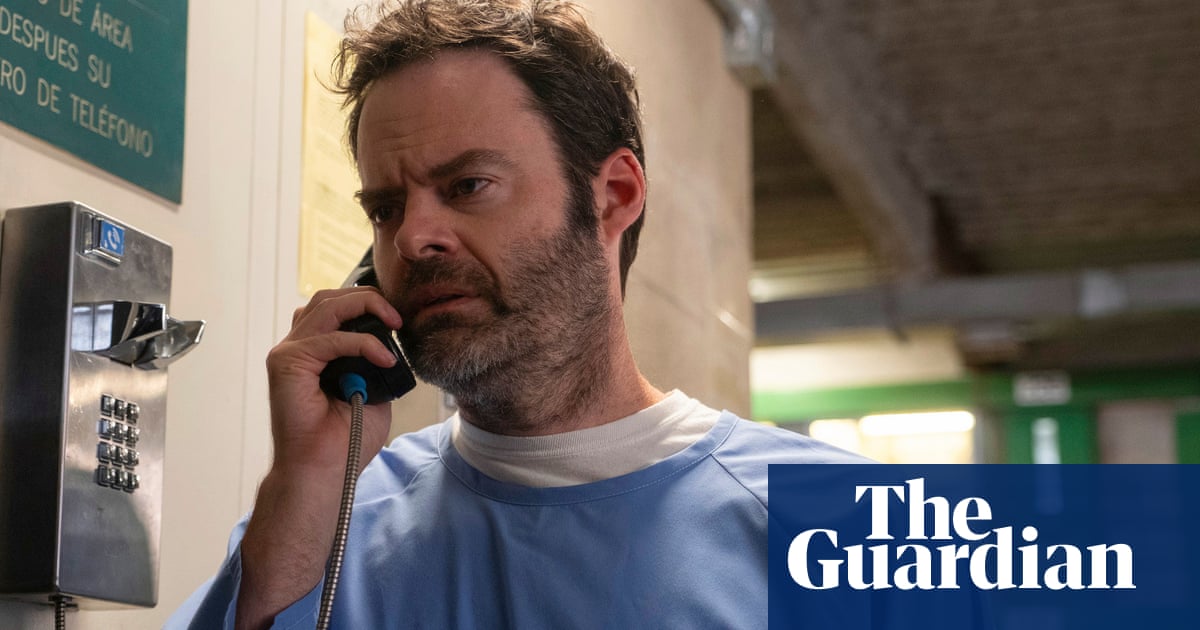
ven with all of anguish 2020 has wrought, the inevitable closure of the Argos catalogue still felt like a blow when it was announced in July. Although I can’t remember the last time I flicked through one, it once interested me more than any magazine. For many kids, it was a magic book that transported you into another, more affluent, realm, where Furbys roamed the land in abundance and Hot Wheels cars in every shade lined the streets.
Like most things, it has been made redundant by the internet: video killed the radio star and unboxing videos killed the Argos catalogue. Working-class kids today experience that same sense of yearning more vividly and digitally, watching other children opening toys and playing with them on YouTube instead. Such videos are big business: Ryan Guan, the eight-year-old star of the channel Ryan’s World, topped Forbes’ YouTubers list in 2019, earning £26m (20m) that year.
Window shopping for things you know you will never own is a bittersweet form of escapism. Perhaps this explains, in part, the runaway success of the Netflix series Selling Sunset. The property reality series is set in what could easily be a modelling agency, given the appearance of the impossibly glamorous employees. Over three seasons, it has followed the agents of the Los Angeles-based Oppenheim Group as they sell multimillion-dollar homes to the super-rich – and get rich themselves from the commission they make.
The houses are obscenely priced, extravagantly decorated and inaccessible in every sense; the endless tours we enjoy of them are completely addictive. Aside from being trash TV at its most flagrant, Selling Sunset is unapologetic “property porn”, with gratuitous shots of too-large pools and apartment-sized walk-in wardrobes. It offers an unboxing level of intimacy; we are one Black Mirror-style virtual reality nodule from full immersion in their ludicrously luxe realities.
The programme has proved hugely popular during lockdown, at a time where the chasm between rich and poor has never felt more pertinent. Ravaged by a pandemic and now a recession, the idea of buying property – once a pipe dream for many millennials – now feels like a flat-out impossibility for most. As the rest of the world grapples with a once-in-a-generation catastrophe, Selling Sunset’s cast fight about the sort of trivial “problems” and non-issues that only affect the 1% (one cause of division involved an agent being uninvited from a colleague’s wedding after she made fun of her fiance for being unable to afford a diamond ring). Yet we tune in in our droves, equally mortified and fascinated by the most tone-deaf programme on television.
Plenty of reality shows are fuelled by our obsession with materialism and wealth – The Millionaire Matchmaker, My Super Sweet 16, Made in Chelsea, The Hills, every Real Housewives iteration. But Selling Sunset is unabashed about its elitism in a way that would be crass even outside of a financial crisis. There are no attempts to humanise these modern day Marie Antoinettes, no illusions that these are houses we may too reside in one day. Life is unfair and Selling Sunset knows it: Christine Quinn, the show’s main antagonist (whose purpose in life appears to be being as malicious as possible), not only marries a retired techie worth £20m after nicking him from his partner, but also then buys the $5m listing she had been showing him when they began their affair.
That said, watching the show does not feel like self-flagellation – however much it should in this climate. Rather, the appeal of Selling Sunset is its potential for escapism. This Argos catalogue for adults sees us endlessly watch the rich and newly famous doing things we can’t afford in houses we can’t have. With its refusal to pretend the world is just, it may just be the most real reality TV show going.












